There’s much controversy over the use of the words “plant-based” to describe diet and how it is a very different thing from saying someone is simply vegan or vegetarian.
Plant-Based:
- Vegetables
- Fruits
- Grains
- Nuts
- Seeds
- Legumes
And it may have little or no animal product in it. Some people also refer to themselves as vegan or vegetarian so what exactly do these terms mean and how do they differ from being “plant-based”?
Vegan:
Vegan diets are those that consist of NO animal products. Some people who call themselves vegan also insist that being vegan is not just eating a vegan diet, but excluding any product that is tested on animals or somehow exploits them such as cosmetics, leather clothing (and car seats), and attending zoos or aquariums. One of the biggest differences between a vegan diet and a whole-food plant-based diet is that a vegan diet can still incllude a lot of processed stuff. Meat alternatives (i.e. Beyond burgers, Gardein chicken nuggets, etc), coconut milk ice creams, and even snack foods like oreos and chips are all part of a vegan diet, but not a WFPB diet (unless occasionally enjoyed in moderation).
Vegetarian:
Vegetarian diets can take several forms. Lacto-ovo vegetarians eat eggs and dairy but no meat. Pescatarians allow fish, eggs and dairy in their diets usually. Some vegetarians only incorporate either eggs (ovo) OR dairy (lacto) but not both and their reasons for this are varied.
The general consensus in the nutrition literature is that the more plant-foods your diet includes, displacing animal foods high in cholesterol and saturated fat, the better health outcomes you have. Any move towards a more whole-food plant-based diet is a good one! It does not have to be all or nothing. As long as your diet is becoming more “plant-forward”, you’re on the right track.
Eating more plants can come with its challenges. There’s a lot of nutrition noise out there, everyone has an opinion, and it can be confusing to figure out what works best for YOU. Working through these challenges and learning how to easily incorporate more plant-based foods into your diet and lifestyle can be helpful.
Working with a plant-based dietitian to guide you through your unique journey and surrounding yourself with other like-minded people who are on a similar journey can be monumental. When you join my nutrition coaching program, you’ll get a highly customized, one-on-one experience to help you confidently and sustainably eat foods that taste good and make you feel good.
Click the button below to learn more about my approach and see what other clients have to say.









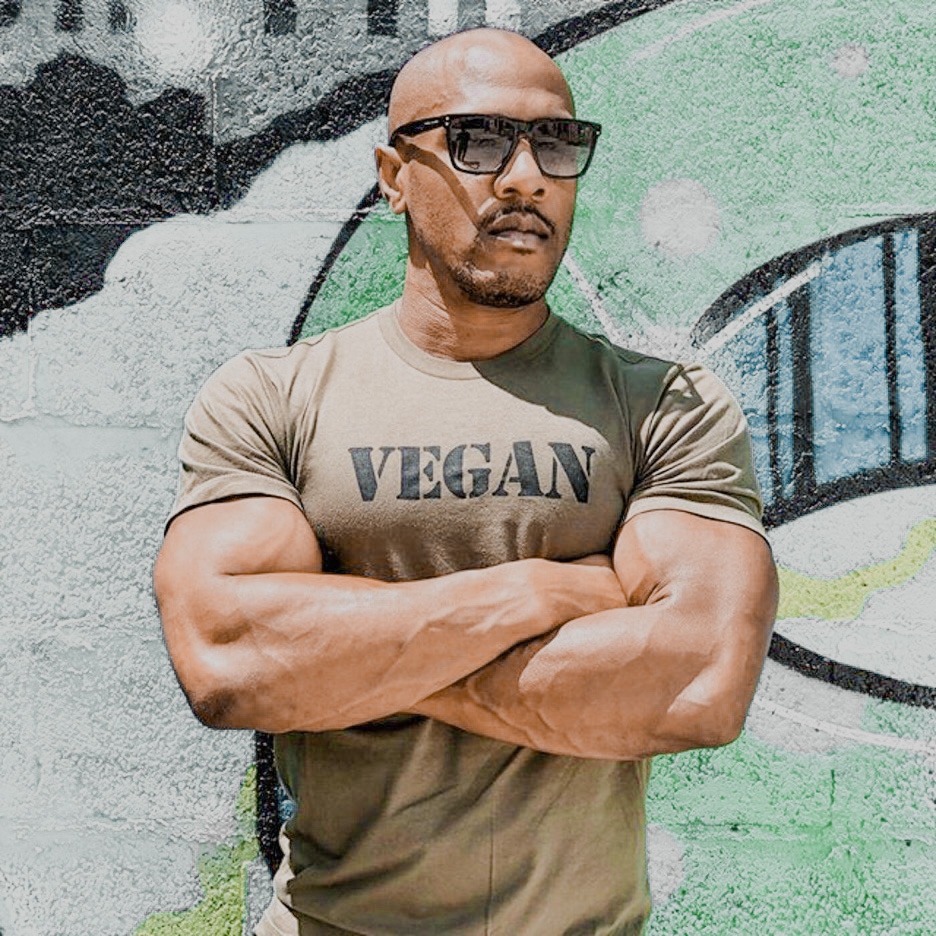

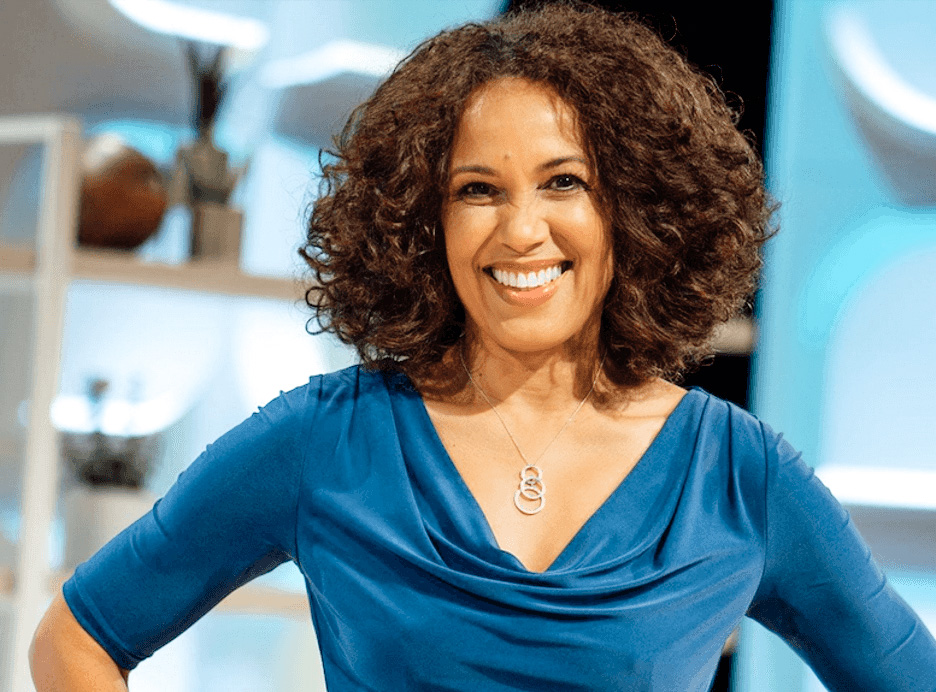






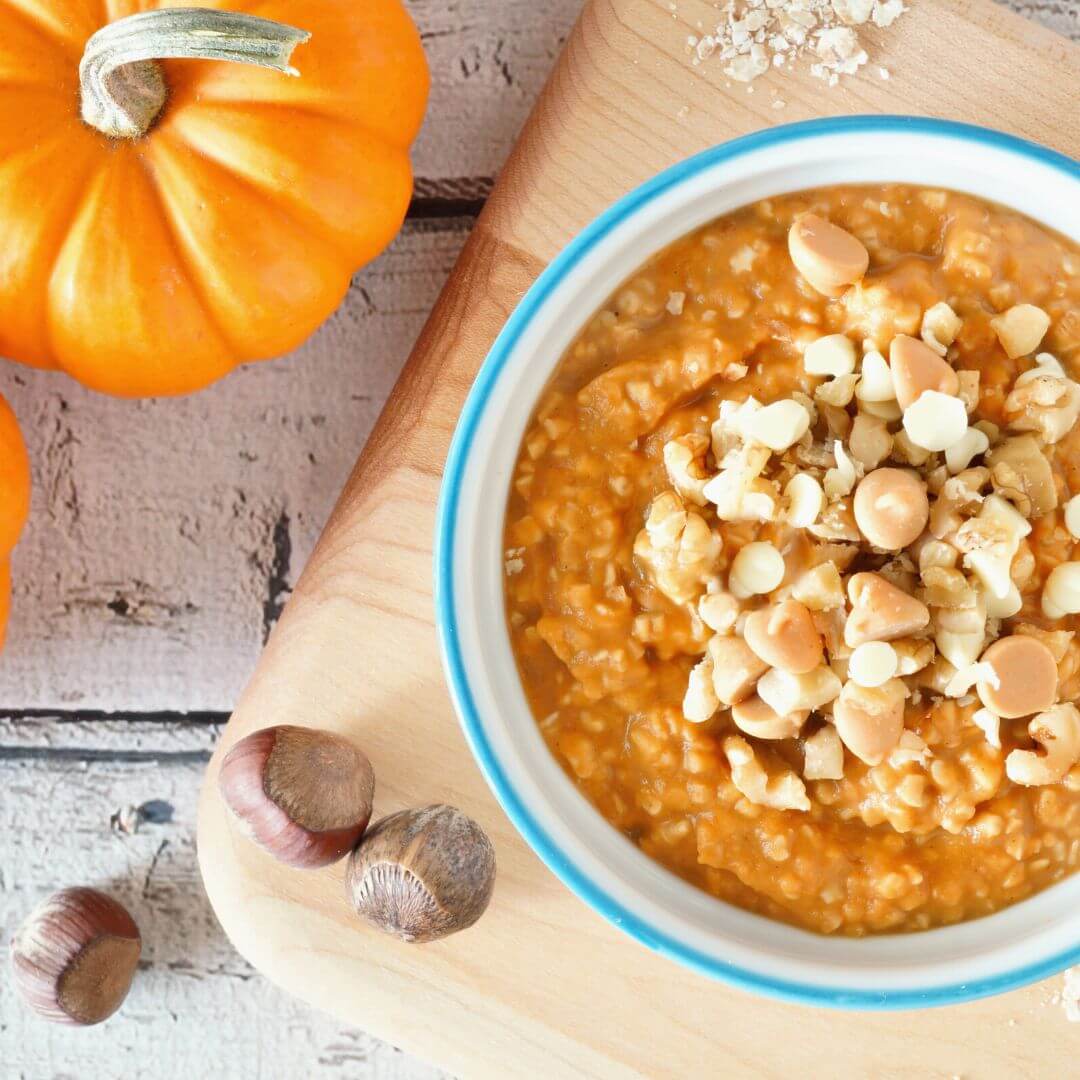

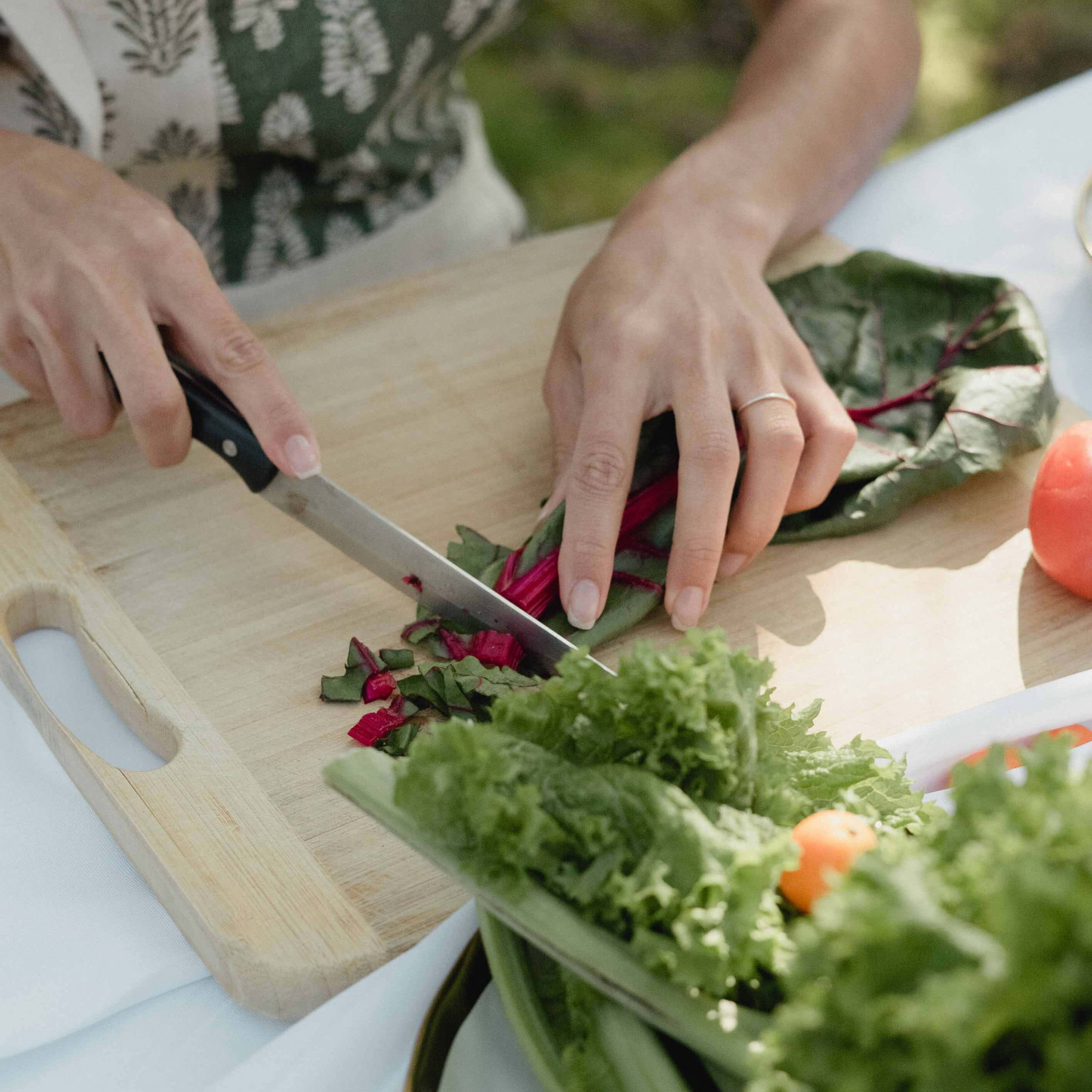

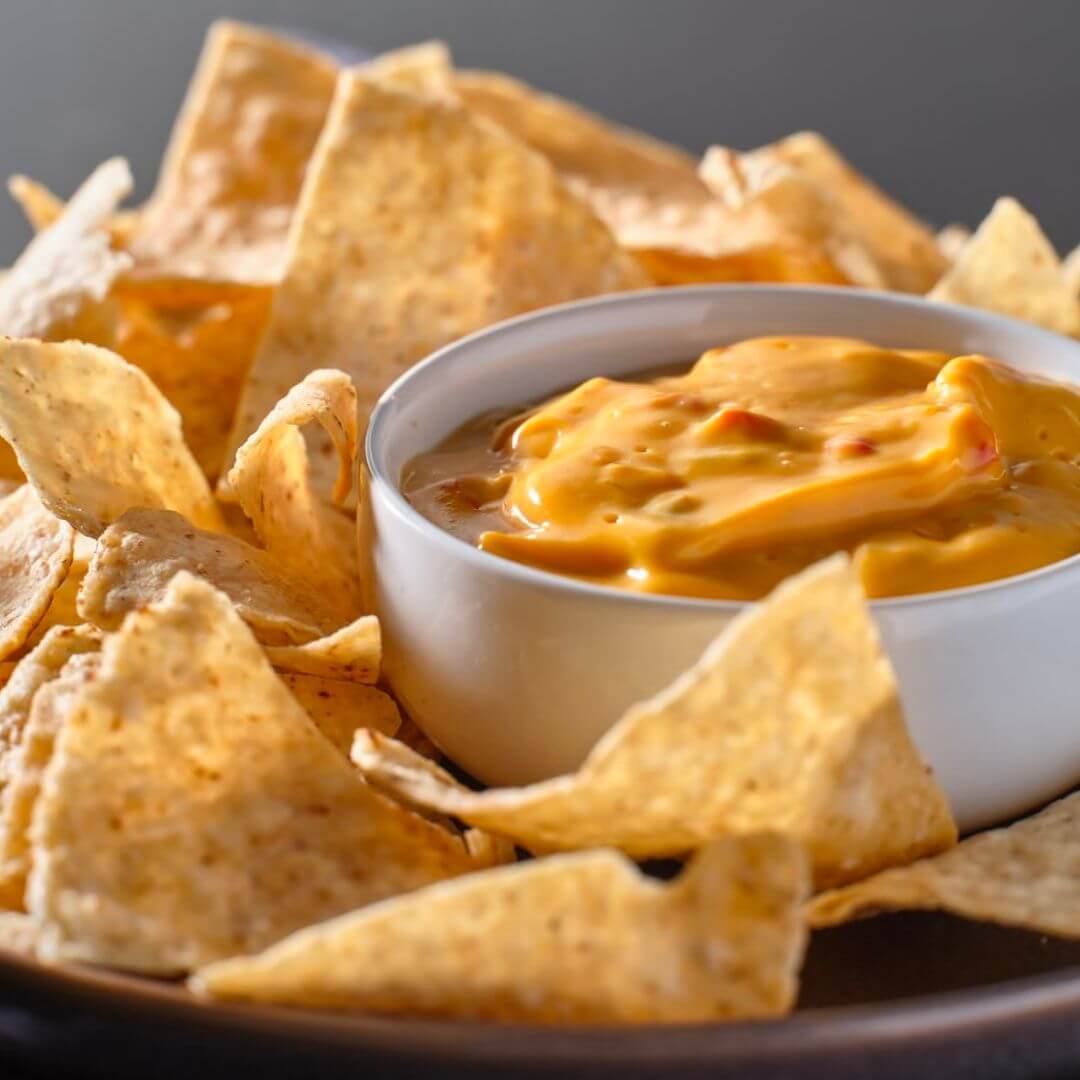
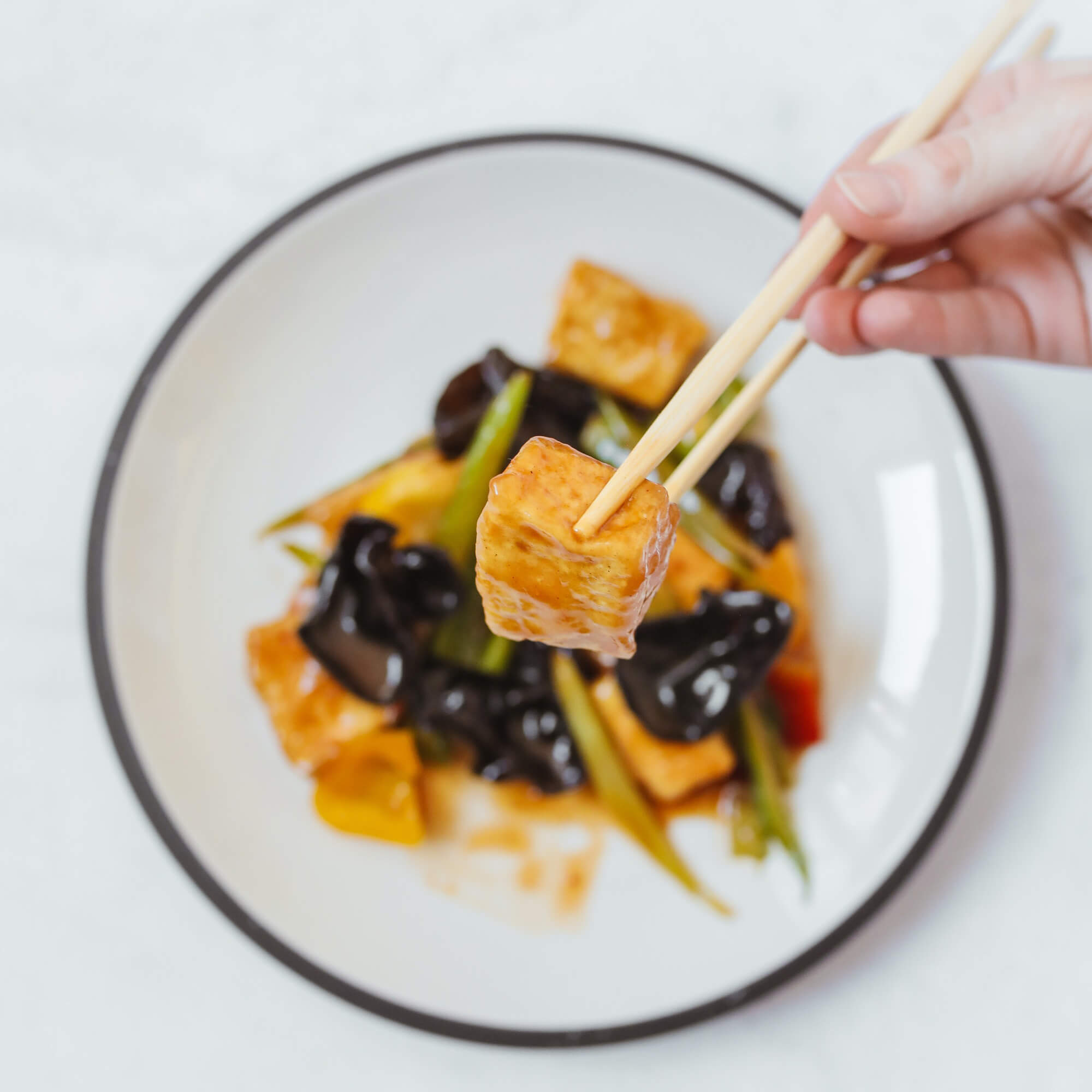
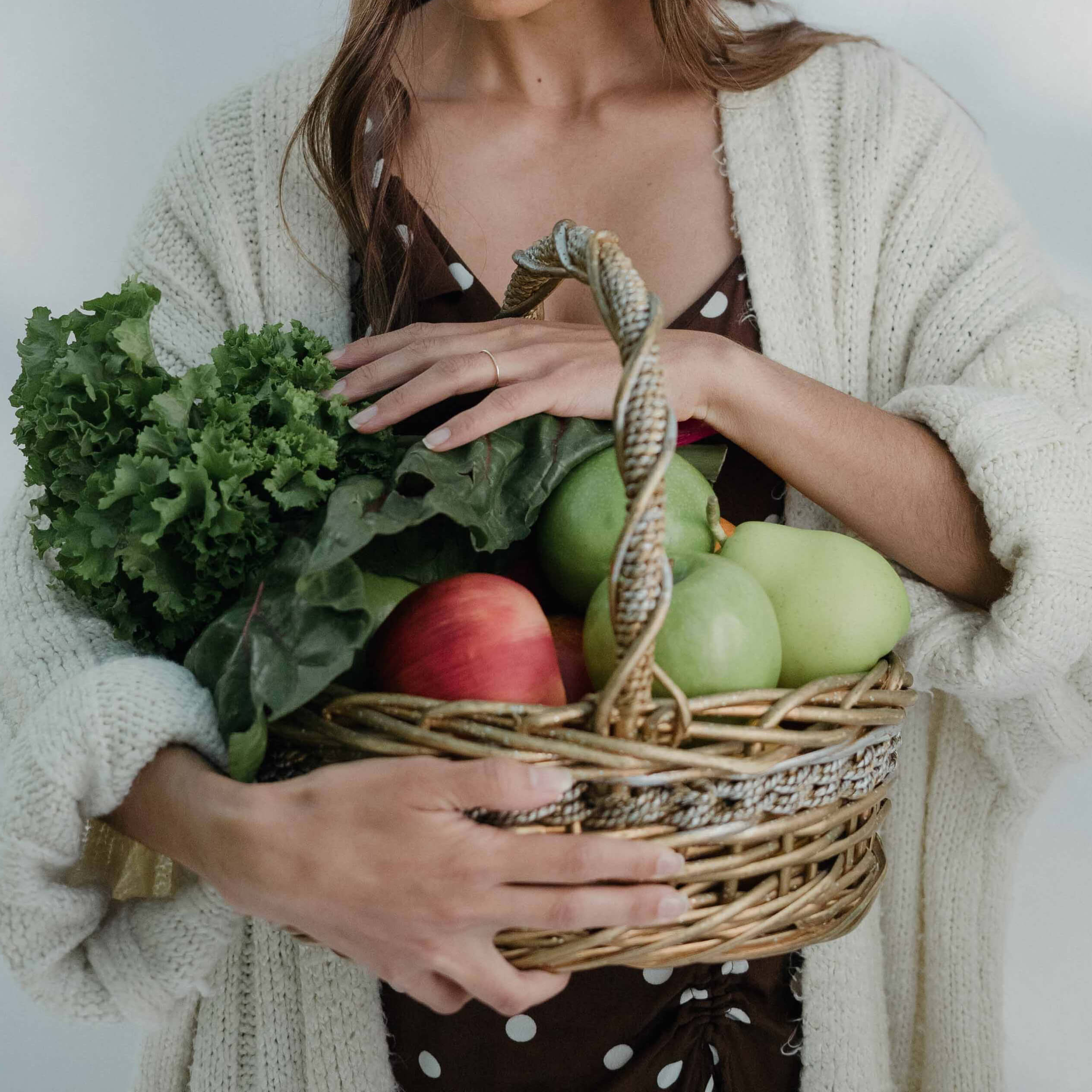

share
click to LEAVE A COMMENT